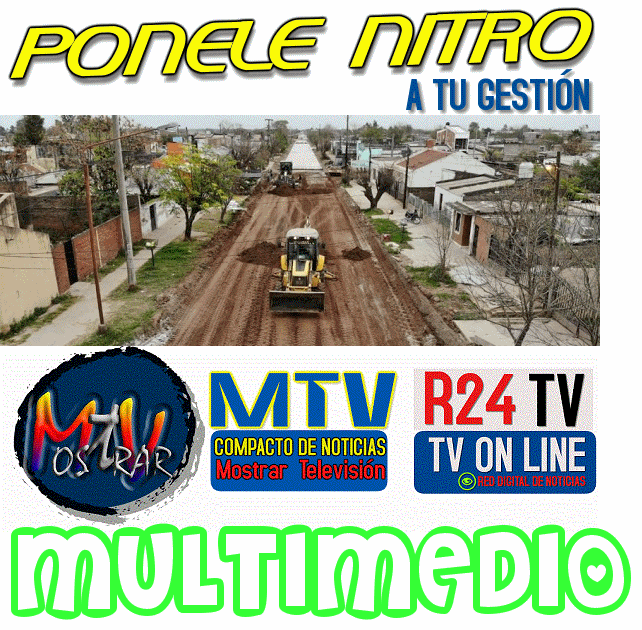Gov. Albert Bryan Jr. announced this month that hotels and Airbnb operators would be prohibited from accepting new guests for 30 days. Mr. Bryan also ordered bars, nightclubs and cabarets to
shut down until Aug. 31.
The Coronavirus Outbreak ›
Frequently Asked Questions
Updated August 24, 2020
-
What are the symptoms of coronavirus?
- In the beginning, the coronavirus seemed like it was primarily a respiratory illness — many patients had fever and chills, were weak and tired, and coughed a lot, though some people don’t show many symptoms at all. Those who seemed sickest had pneumonia or acute respiratory distress syndrome and received supplemental oxygen. By now, doctors have identified many more symptoms and syndromes. In April, the C.D.C. added to the list of early signs sore throat, fever, chills and muscle aches. Gastrointestinal upset, such as diarrhea and nausea, has also been observed. Another telltale sign of infection may be a sudden, profound diminution of one’s sense of smell and taste. Teenagers and young adults in some cases have developed painful red and purple lesions on their fingers and toes — nicknamed “Covid toe” — but few other serious symptoms.
-
Why does standing six feet away from others help?
- The coronavirus spreads primarily through droplets from your mouth and nose, especially when you cough or sneeze. The C.D.C., one of the organizations using that measure, bases its recommendation of six feet on the idea that most large droplets that people expel when they cough or sneeze will fall to the ground within six feet. But six feet has never been a magic number that guarantees complete protection. Sneezes, for instance, can launch droplets a lot farther than six feet, according to a recent study. It's a rule of thumb: You should be safest standing six feet apart outside, especially when it's windy. But keep a mask on at all times, even when you think you’re far enough apart.
-
I have antibodies. Am I now immune?
- As of right now, that seems likely, for at least several months. There have been frightening accounts of people suffering what seems to be a second bout of Covid-19. But experts say these patients may have a drawn-out course of infection, with the virus taking a slow toll weeks to months after initial exposure. People infected with the coronavirus typically produce immune molecules called antibodies, which are protective proteins made in response to an infection. These antibodies may last in the body only two to three months, which may seem worrisome, but that’s perfectly normal after an acute infection subsides, said Dr. Michael Mina, an immunologist at Harvard University. It may be possible to get the coronavirus again, but it’s highly unlikely that it would be possible in a short window of time from initial infection or make people sicker the second time.
-
I’m a small-business owner. Can I get relief?
- The stimulus bills enacted in March offer help for the millions of American small businesses. Those eligible for aid are businesses and nonprofit organizations with fewer than 500 workers, including sole proprietorships, independent contractors and freelancers. Some larger companies in some industries are also eligible. The help being offered, which is being managed by the Small Business Administration, includes the Paycheck Protection Program and the Economic Injury Disaster Loan program. But lots of folks have not yet seen payouts. Even those who have received help are confused: The rules are draconian, and some are stuck sitting on money they don’t know how to use. Many small-business owners are getting less than they expected or not hearing anything at all.
-
What are my rights if I am worried about going back to work?
- Employers have to provide a safe workplace with policies that protect everyone equally. And if one of your co-workers tests positive for the coronavirus, the C.D.C. has said that employers should tell their employees -- without giving you the sick employee’s name -- that they may have been exposed to the virus.
The territory, which has 103,000 residents, was already trying to bounce back after being hit in 2017 with Hurricanes Irma and Maria, two rare Category 5 storms. Tourism, which accounts for a third of the economy in the U.S. Virgin Islands, remains its largest source of employment.
Puerto Rico, the most populous U.S. territory with about 3.2 million residents, showcases how the pandemic is accentuating pre-existing economic and political problems. Puerto Rico imposed the nation’s first lockdown in March, before California became the first state to do so — indeed, before the word “lockdown” started becoming part of the nation’s vocabulary.

The stringent measures helped keep the virus under control and the island’s underequipped hospitals from becoming overwhelmed. Scientists collaborated to expand the island’s testing capacity amid shortages of chemicals and other materials, and promoted pooled testing long before most states.
The lockdown led to an unemployment crisis that forced hundreds of workers to line up for assistance before dawn, and sometimes overnight. Already, Puerto Ricans have endured 14 years of economic sluggishness, several devastating recent hurricanes and, in January, a flurry of earthquakes and aftershocks.
With cases trending upward, Gov. Wanda Vázquez held a televised address last week to announce a stay-at-home order that would apply for the next three Sundays, the latest in a series of escalating restrictions meant to keep people from socializing with friends or family. Violators of the island’s mask order will be subject to a $100 fine, while a nightly curfew remains in effect.
On Thursday, a day after Ms. Vázquez imposed the latest restrictions, Puerto Rico’s Senate closed after cases were identified among high-ranking elected officials, including several legislators, the speaker of the House of Representatives and two top aides to Pedro R. Pierluisi, the nominee for governor from the pro-statehood New Progressive Party. Representative Jenniffer González-Colón, Puerto Rico’s nonvoting member of Congress, also tested positive.





